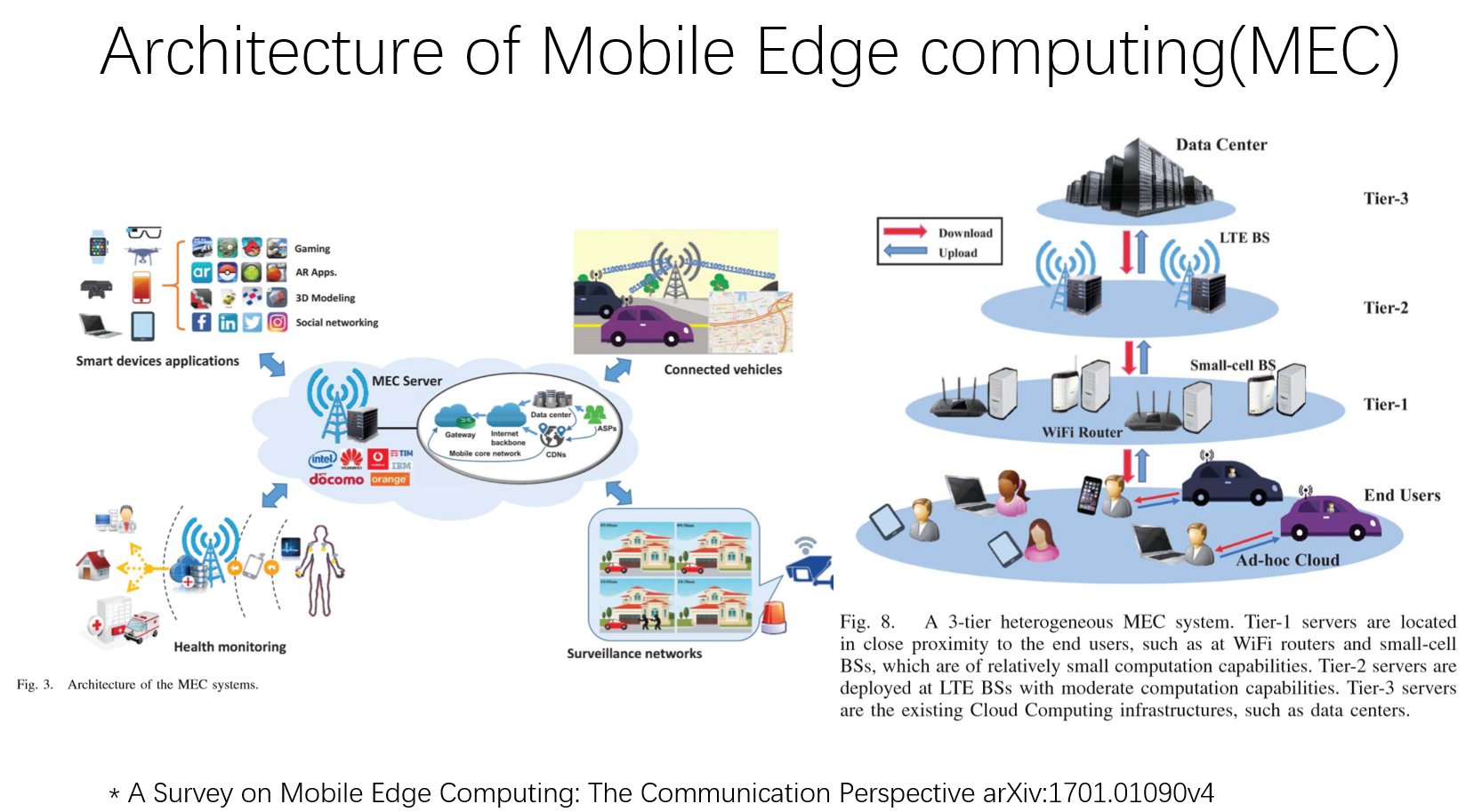|
Gaming technology has rapidly transformed over the years, revolutionizing the way we perceive and experience entertainment. From humble beginnings with simple pixelated games to the immersive and realistic virtual worlds we enjoy today, the evolution of gaming technology has been nothing short of remarkable. One of the key advancements in gaming technology is the development of powerful hardware. Modern gaming consoles and high-end gaming PCs boast cutting-edge processors, graphics cards, and memory, enabling developers to create visually stunning and complex game environments. These advancements have paved the way for hyper-realistic graphics, lifelike character animations, and detailed virtual landscapes that immerse players in a truly captivating experience. Furthermore, the rise of online gaming has transformed the gaming landscape, connecting players from all around the globe. Online multiplayer games allow individuals to compete or cooperate with others, fostering a sense of community and social interaction. This connectivity has also led to the emergence of esports, where professional gamers compete at the highest level, attracting millions of viewers worldwide and turning gaming into a legitimate spectator sport. Another significant breakthrough in gaming technology is the advent of virtual reality (VR). VR headsets transport players into entirely new realms, allowing them to interact with virtual environments in ways never before possible. With the ability to look around, move, and even touch objects within the virtual world, VR technology provides an incredibly immersive and sensory-rich gaming experience. Additionally, augmented reality (AR) has made its mark in the gaming industry. AR overlays digital elements onto the real world, blending the boundaries between physical and virtual spaces. Games like Pokémon Go introduced the masses to AR, encouraging players to explore their surroundings in search of virtual creatures. This merging of the real and virtual worlds opens up exciting possibilities for interactive storytelling and gameplay experiences. Artificial intelligence (AI) has also played a pivotal role in gaming technology. AI-powered algorithms enhance game mechanics, enabling non-player characters (NPCs) to exhibit realistic behaviors and adaptive decision-making. AI opponents can learn and evolve their strategies based on player actions, creating more challenging and engaging gameplay experiences. The future of gaming technology holds even more promise. Advancements in cloud gaming allow players to stream games directly to their devices, eliminating the need for expensive hardware upgrades. This accessibility opens up gaming to a wider audience and enables seamless cross-platform play. Moreover, the integration of haptic feedback technology enhances immersion by providing physical sensations and vibrations that correspond with in-game events. This technology allows players to feel the impact of virtual actions, further blurring the line between the real and virtual worlds. In conclusion, gaming technology has come a long way, continually pushing boundaries and delivering extraordinary experiences. From enhanced graphics and online connectivity to virtual and augmented reality, artificial intelligence, and beyond, the possibilities for gaming are limitless. As we look towards the future, we can anticipate even more innovative advancements that will redefine how we game and experience entertainment as a whole.  |
